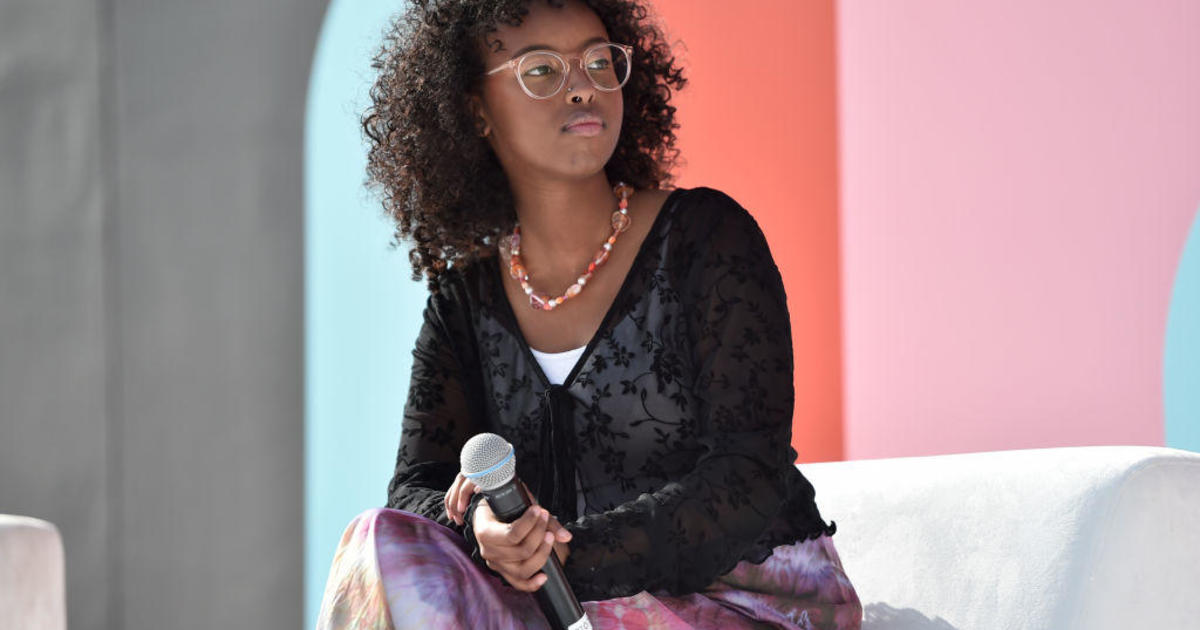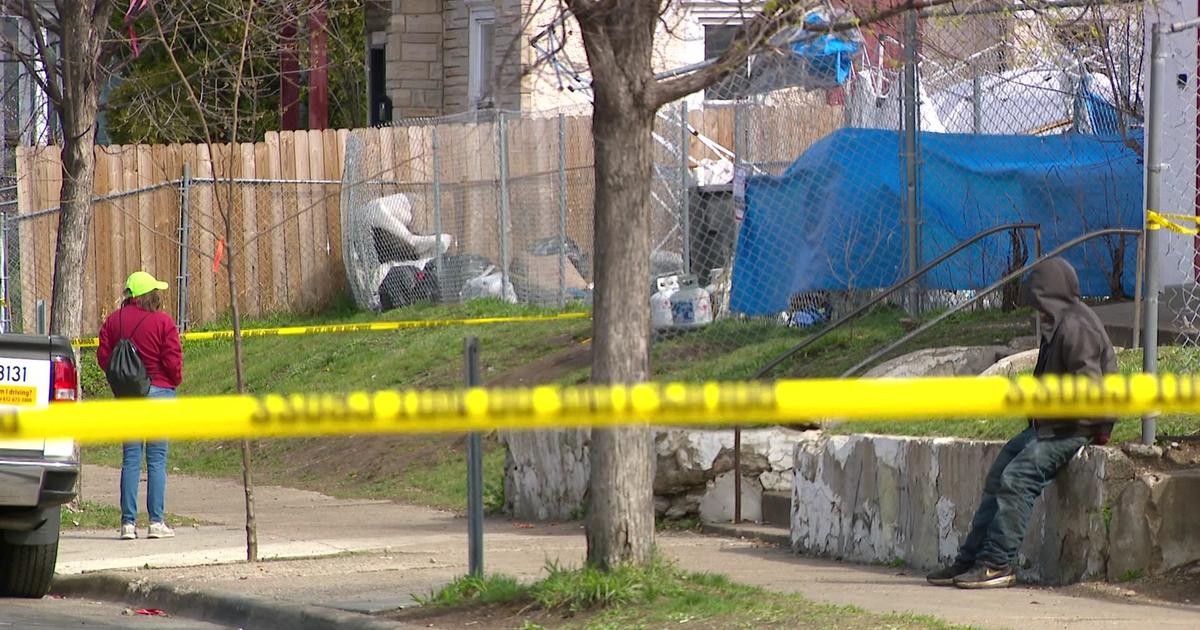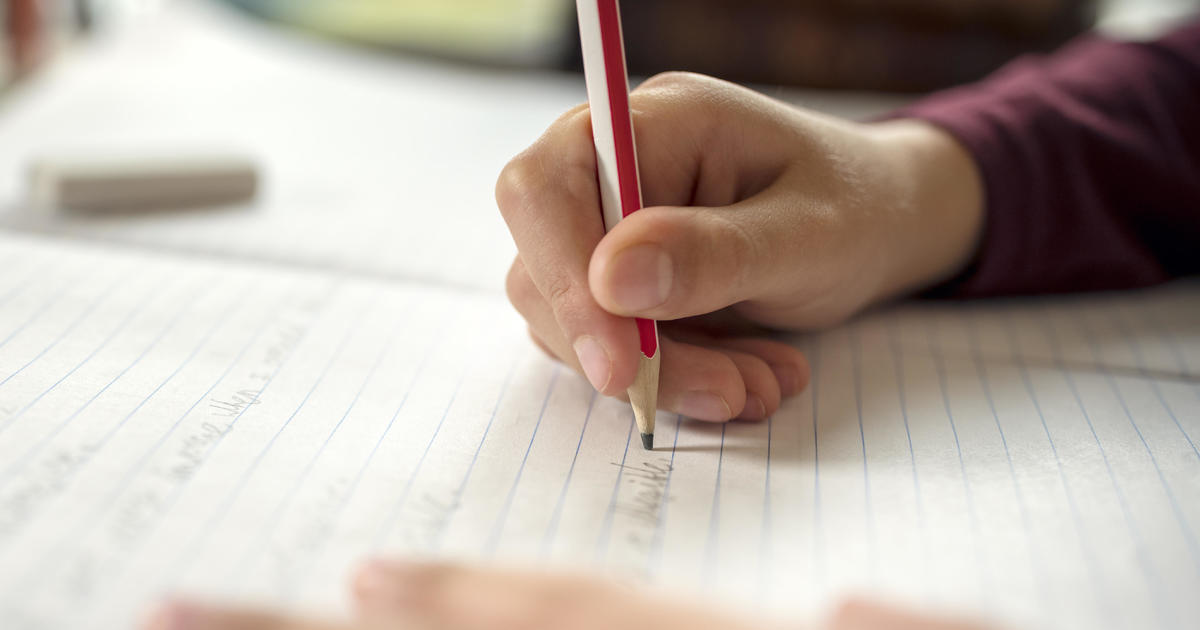Good Question: Does Springing Forward Affect Sleep?
MINNEAPOLIS (WCCO) -- This weekend we sprang forward and set our clocks ahead an hour for daylight saving time -- and that means an extra hour of light in the evening.
But it also meant one less hour of sleep. That had us wondering: How does daylight saving time affect our sleep?
We asked some people on Nicollet Mall what they thought. One parent told us, "It's impossible to get my kids up."
Another passer-by said that Monday morning proved to be unusually challenging.
Dr. Aflred Chiang of the Whitney Sleep Institute says daylight saving time can be hard on people.
"It can cause sleep deprivation that in some folks can be quite dramatic," he said.
One study has even linked daylight saving time to workplace accidents, Chiang said.
"In some countries, like Russia, they have done away with daylight savings, because they found there was an increased risk of suicide and heart attacks," Chiang said.
He said it may be just an hour, but the impact can be significant; and for those who already have trouble sleeping, it can be a particularly tough adjustment.
"These folks will tend to have a much harder time adjusting," Chiang said. "It could take weeks, most people it takes three or four days to adjust."
Chiang said the change can be especially difficult for teens, who tend to be sleep deprived to begin with.
"Caffeine and alcohol may be exactly what some people may be using because of this," he said.
Chiang advises people to avoid caffeine and alcohol, because they can disrupt sleep cycles.
But napping helps, he said.
Also, the negative effects associated with spring forward do not occur in the fall, because when we fall back, the extra hour of sleep is not detrimental.



